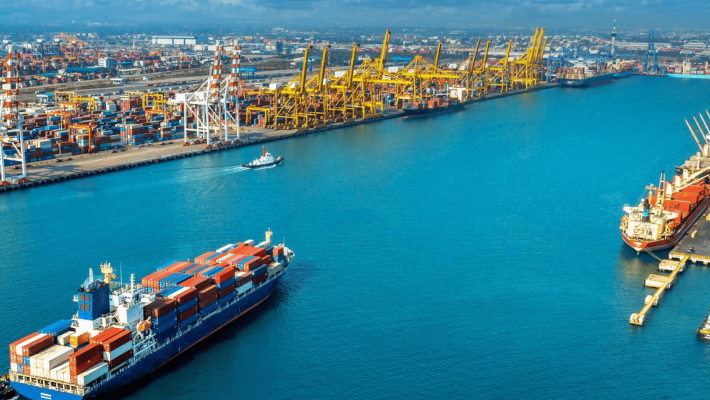Freight Forwarder Insights
Huin International Logistics Latest Articles
Assessing the Distinctions Between LCL and FCL Shipping
Sea freight is an essential component of global trade, offering a dependable and cost-effective means of transporting goods worldwide. Businesses often choose between LCL (Less than Container Load) and FCL (Full Container Load) shipping options, each providing distinct advantages. Understanding the differences between the two can help determine the most suitable option for specific shipping needs. Moreover, LCL consolidators in China play a crucial role in simplifying the shipping process.
LCL and FCL shipments offer different approaches to utilizing container space. With LCL, multiple companies share container space, and LCL consolidators in China oversee cargo consolidation and shipping based on factors like dimensions, weight, and quantity. They manage the collection process, handle all necessary shipping paperwork, and manage the loading and unloading of containers. Conversely, FCL involves a single company occupying the entire container, with goods generally packed and sealed at the origin by the company.
A key metric in shipping is the cubic meter (CBM), which measures the space cargo occupies and influences shipping costs. LCL is typically optimal for shipments from 1 to 15 CBM, while FCL is best for larger shipments. Standard container sizes are 20, 40, and 45 feet, offering total CBMs of 33, 67.5, and 76, respectively. For guidance, reaching out to experienced LCL consolidators like HUIN International Logistics in China can provide expert advice tailored to specific shipping needs.
LCL services are especially advantageous for businesses in China, particularly small to medium enterprises and those dealing with small-volume shipments, allowing them to avoid unnecessary costs associated with underutilized FCL space. LCL also eliminates additional expenses like container tariffs, freight charges, warehouse rental, and potential container damage or repair costs. Singapore-based LCL consolidators offer weekly shipping schedules to numerous global ports, enabling companies to maintain smaller inventories and explore new markets with less risk.
FCL shipping suits companies regularly dispatching large bulk volumes, comfortably filling entire containers. It typically requires less logistical planning, with a fixed rate per container. Both FCL and LCL have unique strengths and can complement each other, allowing Singapore businesses to use both options together if needed. LCL consolidators like HUIN International Logistics provide cost comparisons to help determine whether LCL or FCL is more aligned with specific requirements.
As a leading LCL consolidator in China, HUIN International Logistics services hundreds of worldwide destinations with weekly shipments, ensuring timely delivery. Collaborating with seasoned shipping crews skilled in handling diverse types of cargo, from bulky to hazardous, ensures safe and efficient transport. Additionally, value-added services like online shipment tracking and 48-hour door-to-door delivery for urgent shipments are available.
Seeking expert LCL consolidators in China? Contact us to learn more about our competitive rates and comprehensive shipping schedules and destinations.
